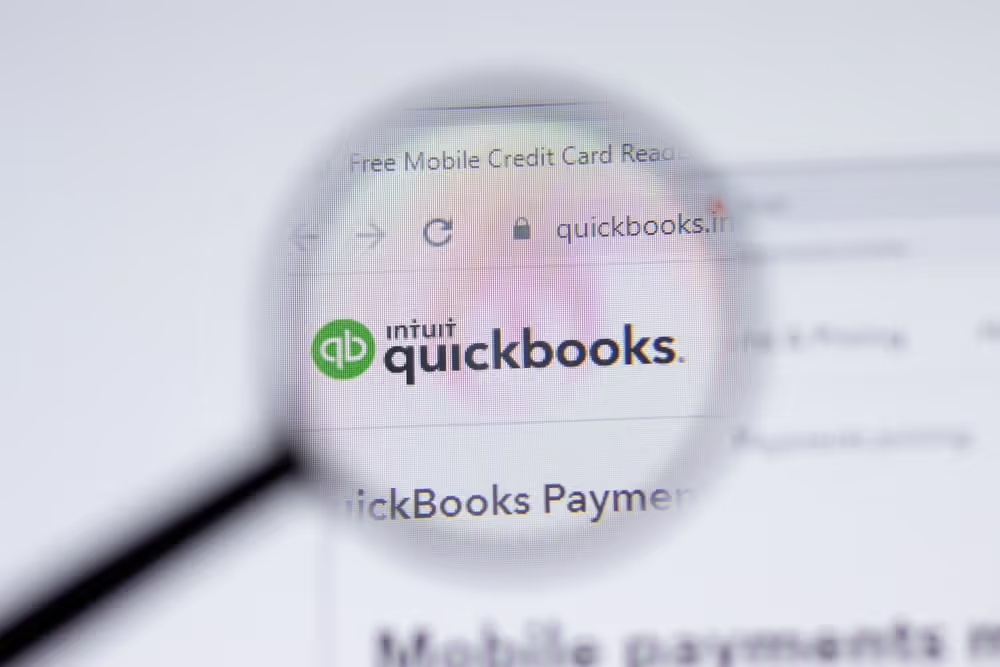What You Need to Know about Filing an Extension for Your Business
The tax filing deadline for business owners is fast approaching, and if you haven’t filed yet, you might be starting to feel the stress. Luckily, business owners have the option of filing for an extension that will give you some extra time to get all of your tax-related documents in order. If you’ve never filed an extension for your business before, here’s what you need to know.
Who Does This Apply To?
First, let’s more clearly define exactly who we’re talking about when we say “business owners.” There are several different types of businesses, and they can be treated very differently on your tax return. If your business is a sole proprietorship, single-member LLC, or C-corporation, then your tax return is still due on April 15th, as are your personal taxes.
However, if your business is a partnership or S-corporation, then your business’s taxes (or your request for an extension), then you have a different due date for your taxes, and this article is intended for you.
When Is the Filing Deadline?
If you’re a new business owner, you should be aware that your tax filing deadline is different than it is for your personal taxes. Your business tax return must be filed by March 15th to avoid late fees and penalties.
How Long Is the Extension?
When you file for an extension, you get an extra 6 months to file your full business tax return. The business extension deadline is September 15th.
Is It Complicated to Extend?
Getting an extension for your business’s taxes is actually quite simple. Your business tax accountant can fill out and submit the request for an extension in a matter of minutes, and the IRS approves any request that is properly submitted and sent in on time. So, if you’re starting to panic, this is an easy way to relieve some of that anxiety.
Can I Extend My Payments Too?
While requesting an extension gives you extra time to put your return together, it does not put an extension on your payments. When you request your business tax extension, you will also need to submit a payment based on your CPA’s estimates of what you will owe. If you fail to submit a payment, and you end up owing taxes when your full tax return is filed, you will be subject to late payment fees and interest.
When Will I Know If My Extension Is Approved?
Typically, you will receive a notice saying that your request for an extension is approved within a few days of submitting the request. As stated above, it is an extremely uncommon occurrence for an extension request to be rejected, so long as the proper forms are submitted.
However, if your extension is rejected, we will work to determine the reason for the rejection so that we can resubmit the request and hopefully have it approved by the IRS. There is no penalty or fee for having to resubmit an extension request; so, if you submitted a request and it was rejected, contact us, and we’ll resubmit for you to ensure it’s done properly so that it can be approved.
Do I Need to Extend My State Taxes Too?
The answer to this will depend on the state where your business is registered. Each state has its own tax laws regarding the income you earned in that state, and many businesses earn income in multiple states via online sales.
Many states automatically approve a state tax extension when your federal extension request is approved. Others, you will need to submit separate paperwork, which is typically very quick and easy to do. If you need an extension on your business taxes, we’ll ensure that both the federal and state extensions are properly handled so you don’t have anything to worry about.
What If I Owe More When I File?
If you submit an estimated payment when you request your extension, then end up owing more in taxes after you file your full return, the IRS may hit your business with penalties and interest charges. This is why we always recommend overestimating your tax liability when you request your extension.
Of course, we’ll calculate what you will owe as best we can, given the information you’ve provided. However, it is always best to send in a payment that is higher than what you believe you will owe. Then, if you file and owe less than what you’ve already paid, you will receive a refund from the IRS and won’t have to worry about any fees, penalties, or interest.
If you have further questions about filing a business tax extension, contact us for expert assistance.
%20(1).avif)
Peter Demian is a highly-rated CPA specializing in accounting and tax services for individuals and businesses across 49 states. He offers expertise in tax strategies and assistance with IRS settlements.


.svg)





